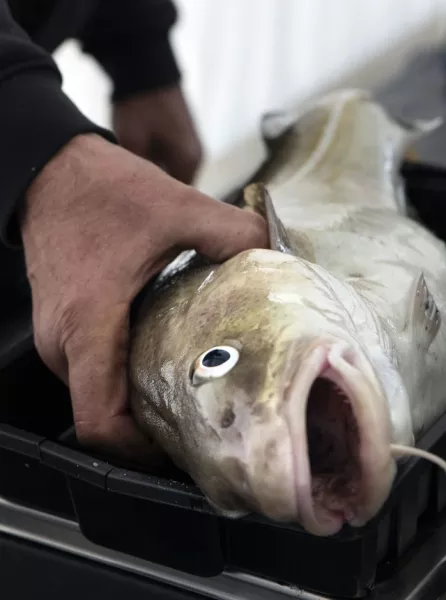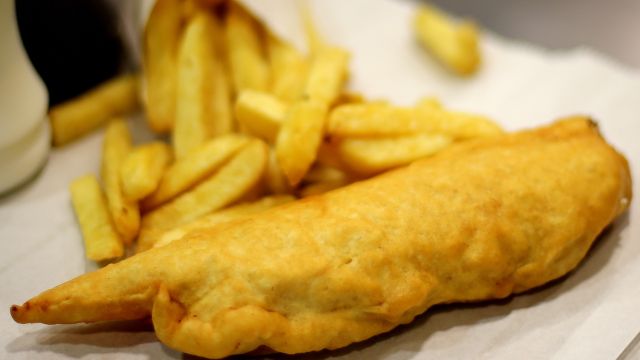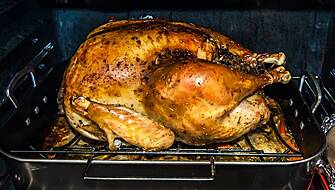Atlantic waters off the south coast of Ireland, through to the English Channel and southern North Sea have experienced significant warming over the past 40 years, and further increases in sea temperatures are expected.

Computer projections up to the year 2090 suggest increases in abundance of warm-adapted species such as red mullet, Dover sole, John Dory and lemon sole, and decreases in cold species such as cod, monkfish and megrim.
Lead author Dr Katherine Maltby, who undertook the research while at UK's Centre for Environment, Fisheries and Aquaculture Science (Cefas), said: “Our results show that climate change will continue to affect fish stocks within this sea region into the future, presenting both potential risks but some opportunities that fishers will likely have to adapt to.
“Consumers can help fishers take advantage of these fishing opportunities by seeking out other fish species to eat and enjoy.”
Co-author Louise Rutterford, from University of Exeter, said: “We know from working with fishers that warmer water species are appearing in catches more.
“Bringing together their ‘on-the-ground’ experiences with studies like ours will help inform future management decisions that enable sustainable exploitation while supporting fishers’ adaptation.”
– The paper, Projected impacts of warming seas on commercially fished species at a biogeographic boundary of the European continental shelf, is published in the Journal of Applied Ecology.







